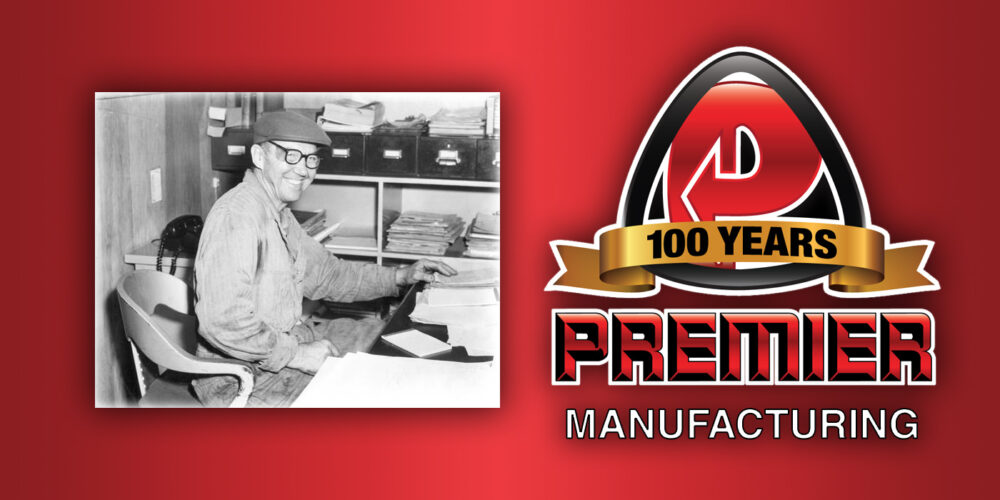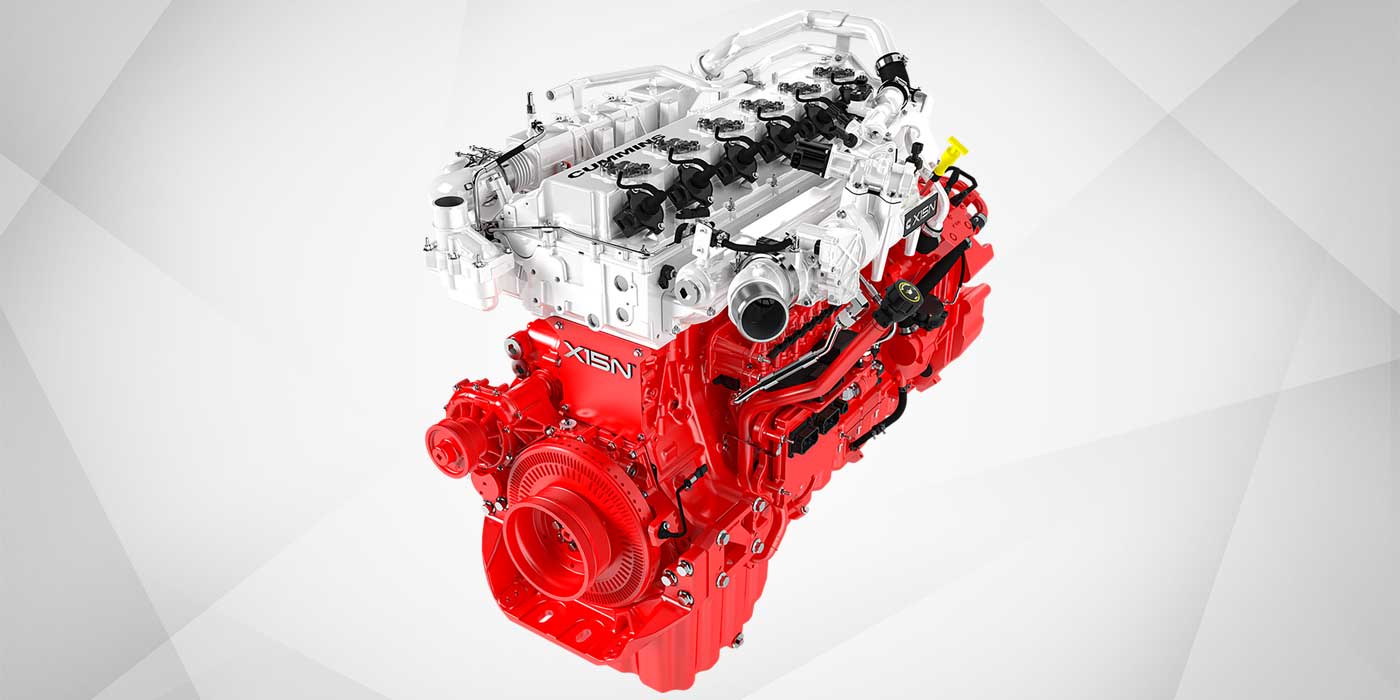Here’s a fun fact: Every OEM producing diesel vehicles in the U.S. approves of the use of biodiesel blends of up to 5%. Additionally, nearly 80% of those OEMs support B20 blends. That number rises to almost 90% for medium- and heavy-duty truck OEMs. (Though your mileage may vary—always check with your manufacturer to ensure you’re using the correct blends.)
These stats, courtesy of the National Biodiesel Board, may come as a surprise given the misperception among some people that biodiesel is not good for engines and can void warranties. That’s simply not true. In fact, just the opposite: biodiesel has positive effects on engines. Here are a few examples:
- Cetane —The ASTM specification for biodiesel requires a minimum Cetane number of 47. That’s higher than the ASTM diesel spec of 40. Higher Cetane equals a shorter ignition time and better performance.
- Lubricity — Removing the sulfur in diesel fuel to create ultra-low sulfur diesel (ULSD) took the lubricity out of diesel fuel. Adding as little as 2% biodiesel — a B2 blend — can double the amount of lubricity in the fuel. This too is critical for performance. Modern diesel engines rely, in part, on fuel to aid in the lubricating process.
- Drop-in fuel — Want to start running your tractor trailer or work truck on B20? Just pump it into your tank. Biodiesel blends don’t require any vehicle or infrastructure upgrades.
- Lower carbon intensity — Biodiesel is a cleaner-burning fuel with significantly lower emissions than ULSD. That’s important for fleets with sustainability goals or that operate in jurisdictions with carbon-reduction policies, like the low-carbon fuel standard programs in California and Oregon.
OEMs do not make decisions lightly. Something like approving B20 use in their equipment follows years of testing. When Cummins announced its support for B20 in its diesel engines a decade ago, the company cited the “exhaustive analyses and test evaluations” it completed, as well as the biodiesel ASTM spec and the availability of high-quality fuel.
Fleets often undertake their own testing before fully switching to biodiesel blends. In Illinois, for-hire carrier G&D Integrated conducted a months-long experiment to determine whether running on biodiesel blends would affect its 400-plus vehicle fleet.
“What we saw was a slight increase in efficiency,” says Vince Buonassi, group manager of transportation programs at G&D Integrated. “We were able to prove empirically, through quantitative data, that there was no degradation in our fuel efficiency.”
G&D Integrated started at a B11 blend and, happy with the experience, soon started using B20 in warmer months. Now it uses B20 year-round. Learn more about the company’s testing and its experience with biodiesel by watching a short case study video.
This article was contributed by Jon Scharingson, executive director of sales & marketing with Renewable Energy Group, Inc. You can reach him at [email protected]. Visit regi.com for more information.














